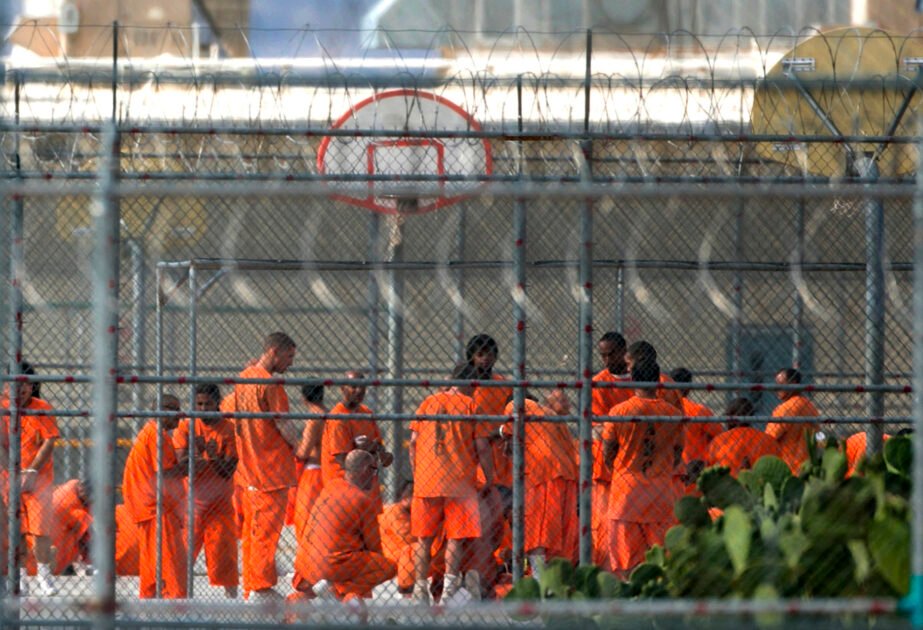Business
Arizona’s Correctional Facilities Face Staffing Crisis: Time for a Retirement Plan Overhaul

Jails and prisons serve as the final barrier within the criminal justice system, housing those who violate the law. These facilities, however, are not solely punitive; they are also pivotal for rehabilitation.
Correctional officers face complex challenges daily, balancing their duty to ensure the safety of both inmates and the wider community. In Arizona, the retention of detention officers has become increasingly difficult, particularly in Yavapai County, where securing qualified personnel is a pressing issue. Maricopa County’s detention system, among the largest in the nation, currently grapples with a staggering vacancy rate close to 50%—a situation deemed unsustainable.
Compounding the recruitment challenge is a significant shift in state law, which has made correctional positions less appealing. A pension reform enacted in 2016 transitioned retirement plans for correctional and detention officers from defined benefit plans—offering guaranteed pensions—to defined contribution plans, without the security of a fixed retirement income for long-serving officers.
In response, sheriffs across the state are advocating for solutions to reverse the trend. They propose increasing employer contributions to retirement plans to enhance retention and attract new recruits. This initiative has culminated in the introduction of Senate Bill 1148 (SB1148).
Under the new bill, detention employees would see an increase in employer match contributions, ranging from 10% to 22%, based on their years of service. This significant enhancement aims to deter younger officers from leaving for more lucrative opportunities in law enforcement agencies.
While some local leaders express concerns about the financial implications of increased retirement contributions, the potential dangers of inadequate staffing are far greater. Insufficient personnel in jails and prisons could lead to precarious conditions for both inmates and the public at large. Notably, county elected officials enjoy more favorable retirement packages compared to detention officers.
Advocates argue that SB1148 represents a critical investment in the state’s correctional workforce, addressing staffing shortages and ensuring community safety before serious issues emerge.
David Rhodes serves as the president of the Arizona Sheriff’s Association and the sheriff of Yavapai County.

















